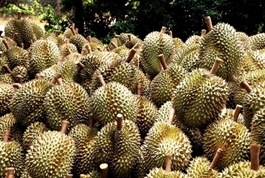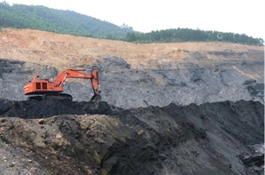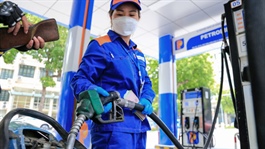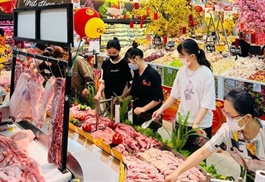Calls for review of IUU certificate provision to boost fish firms
Calls for review of IUU certificate provision to boost fish firms
The Vietnam Association of Seafood Exporters and Producers (VASEP) has turned to the Ministry of Industry and Trade and the Ministry of Agriculture and Rural Development (MARD) over concerns that despite inflation being contained in the world’s major economies and the global recession bottoming out, the ensuing recovery has proceeded at a snail’s pace, with global seafood consumption particularly affected.

Aside from concerns at the macro level, businesses in the sector, particularly shrimp and basafish farmers, face the daily challenges associated with rising feed costs, with feed for basa fish increasing by more than 30 per cent on-year.
VASEP also reported that Vietnamese shrimp is facing stiff competition from similar products from Ecuador and India, with the situation not expected to improve until at least well into the first half of this year.
Additionally, sea transportation costs saw a sharp jump from early January, particularly for ships heading to the EU, US, and Canada amid the heightening Russia-Ukraine conflict and Middle East tension.
For instance, the transportation cost to Hamburg in Germany jumped from $1,200-1,300 last December to as high as $4,350-4,450 in January; and to New York, costs escalated from $2,600 to $4,100-4,500 for the same period.
“Current food safety measures are too stringent and time-consuming, and pose a risk to firms as they might lose out on orders and potential customers.” - Nguyen Hoai Nam, VASEP deputy general secretary.
Nguyen Hoai Nam, VASEP deputy general secretary, added that the 'illegal, unreported, and unregulated' (IUU) yellow card related to product origin tracing could pose more challenges ahead.
“Current food safety measures are too stringent and time-consuming, and pose a risk to firms as they might lose out on orders and potential customers. The tuna, cuttlefish, and octopus segments are suffering the most,” said Nam.
In a report to the government, VASEP mentioned the bottlenecks in the product origin tracing process, suggesting that this could be solved if the MARD changed the way it granted IUU certificates at fishing ports.
“We propose that the certificates be granted to cargo owners when they finalise unloading raw materials from ships under the supervision of port staff. Currently, certificate provision takes place after firms transport materials to factories in several different locations. Sometimes this process takes many months,” said Nam.
Businesses in the billion-dollar tuna export sector voiced their concerns about meeting requirements for food health certificates. Under the current regulations, these certificates are provided by a relevant state management agency. It is currently very difficult for tuna fishermen to acquire such certificates, as the catches are being kept aboard freezer vessels out at sea before being transported onshore to businesses.
Meanwhile, under current EU regulations, such certificates can be provided for catches kept aboard freezer vessels by the ship captains.
“Our association has proposed the PM and the MARD to review current food safety standard regulations in Vietnam and the EU to make suitable revisions,” said Nam.




























